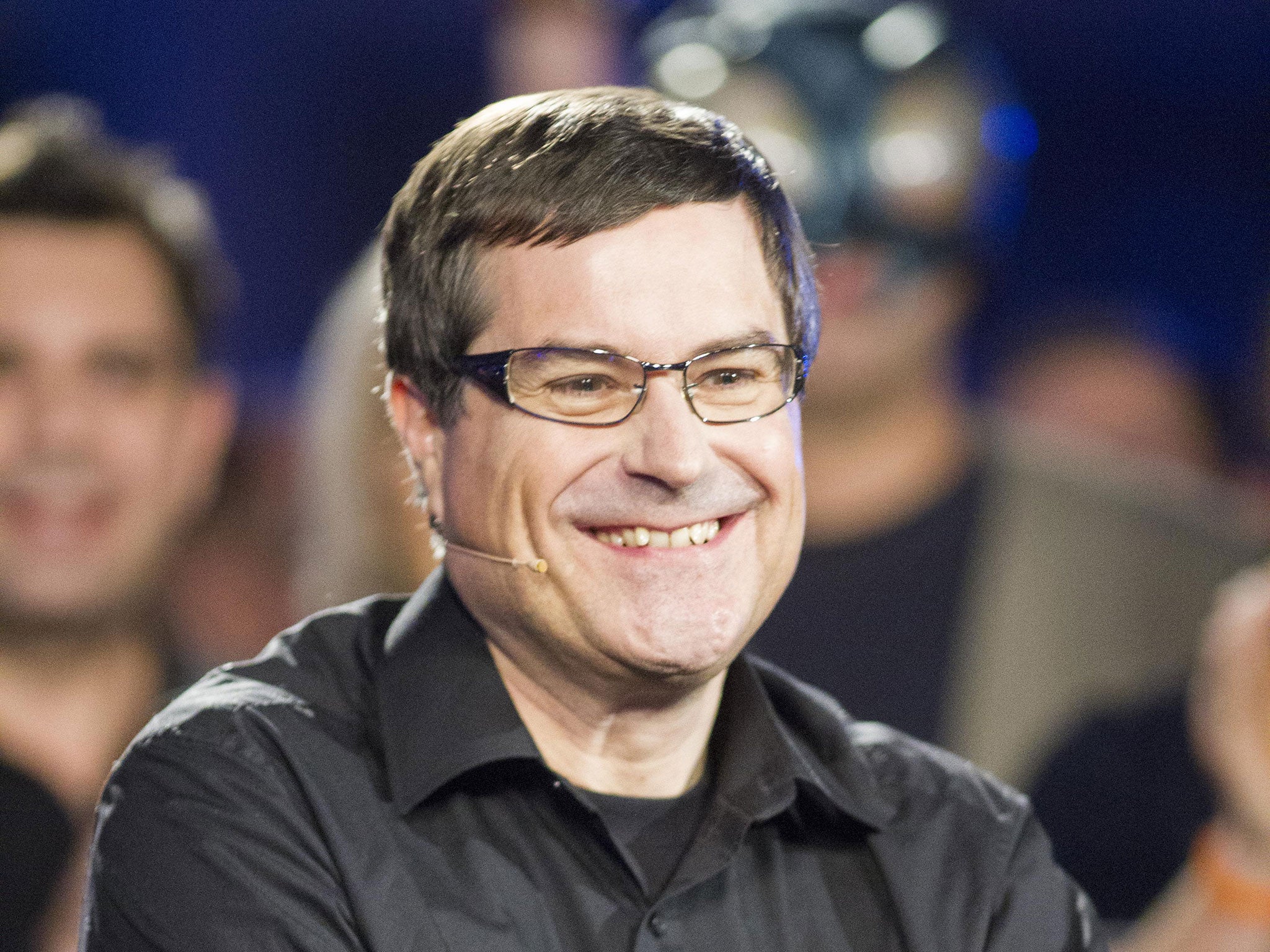Ship Emergency Simulator: EU-funded video game sparks unlikely subsidies row
TaxPayers’ Alliance wants those behind 'unacceptable' grant 'held accountable'

Your support helps us to tell the story
From reproductive rights to climate change to Big Tech, The Independent is on the ground when the story is developing. Whether it's investigating the financials of Elon Musk's pro-Trump PAC or producing our latest documentary, 'The A Word', which shines a light on the American women fighting for reproductive rights, we know how important it is to parse out the facts from the messaging.
At such a critical moment in US history, we need reporters on the ground. Your donation allows us to keep sending journalists to speak to both sides of the story.
The Independent is trusted by Americans across the entire political spectrum. And unlike many other quality news outlets, we choose not to lock Americans out of our reporting and analysis with paywalls. We believe quality journalism should be available to everyone, paid for by those who can afford it.
Your support makes all the difference.As video games go, Ship Emergency Simulator does not seem the most likely candidate for controversy.
Due out in time for Christmas 2016 to fill the stockings of – some might argue – teenagers with a high boredom threshold, even its creator has admitted large sections will be “fairly undramatic”. Instead of sex, violence and Grand Theft Auto-style criminality, the game “features accurate models of real-life transport vessels and faithfully mimics the daily life on ships”.
But Ship Emergency Simulator has been developed with the help of £75,500 from the European Commission, and it and 28 other games granted a total of £2.4m have attracted the fury of the British pressure group the TaxPayers’ Alliance.
Demanding that those responsible for the “unacceptable subsidy” be “held accountable”, Jonathan Isaby, the chief executive of the TaxPayers’ Alliance, insisted: “Taxpayers will be furious that Brussels bureaucrats seem to have no regard for the value of taxpayers’ money.”
The criticism was disputed by David Braben, one of the leading figures in the British video games industry, who said that with the sector now generating £2.5bn in sales and huge tax revenues, the grants should be applauded as “investment, not spend”.
And in Copenhagen, Lars Henriksen, the managing director of Apex Virtual Entertainment, the company developing Ship Emergency Simulator, seemed unhappy about the excitement his game was creating. Mr Henriksen, 36, said that although he may have mentioned the words “fairly undramatic” in his grant submission, they had been taken out of context.
Although large parts of their voyages might not involve high drama, players would not simply watch a ship ploughing through the waves for hours on end. They could research and carry out maintenance tasks, perhaps using a virtual-reality headset to enhance the experience. “We wouldn’t create the game if we didn’t think it was exciting,” he said, “but it would be unrealistic to have a fire every 20 seconds.”
Mr Henriksen, whose game was aimed at “mostly males aged 14-plus”, added that the EU grant “allows us to take risks, be innovative and create content that is a bit out of the mainstream”. He was backed by Mr Braben, who is sometimes called “the Godfather of Gaming” for his role in co-creating the Eighties game Elite.
Mr Braben, a founding trustee of the Raspberry Pi computer programming project, said: “Look at a Swedish guy called Markus Persson, who a few years ago with a few others created a game a bit out of the mainstream: Minecraft. Think of the revenues that brought into Sweden. Given the amount of revenue HMRC earns from the games industry, £2.4m is not a lot of money.”
Join our commenting forum
Join thought-provoking conversations, follow other Independent readers and see their replies
Comments